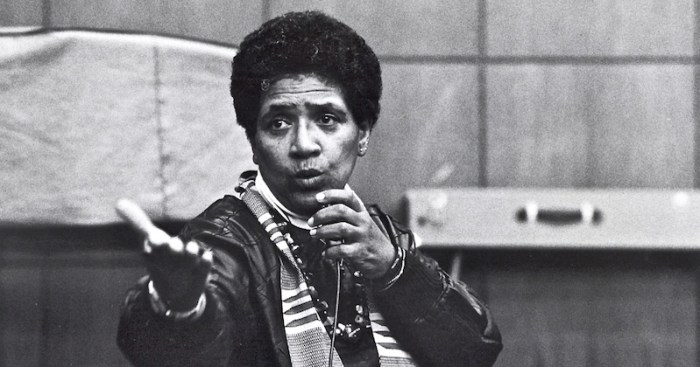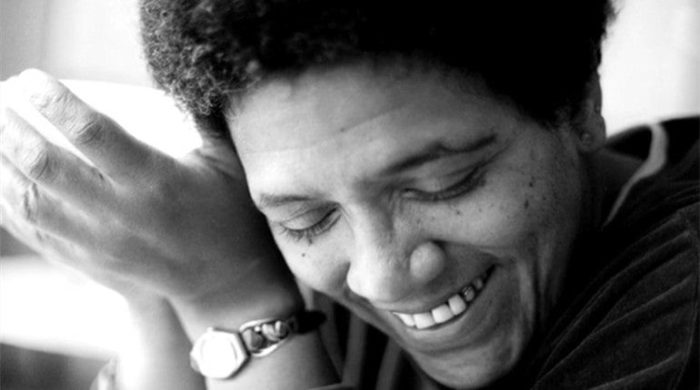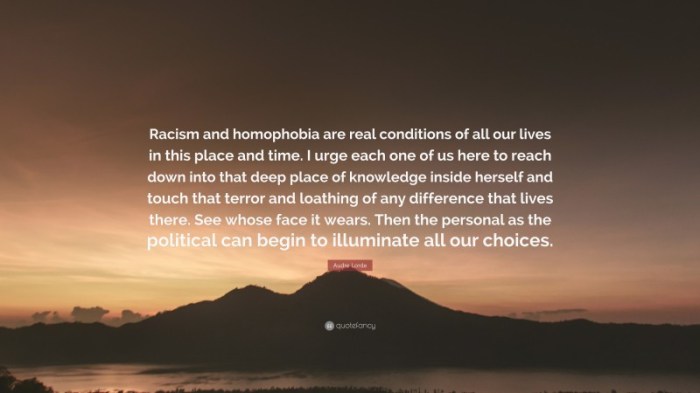The personal is political audre lorde – Audre Lorde’s groundbreaking essay “The Personal is Political” has profoundly shaped our understanding of the inextricable link between personal experiences and political action. Lorde’s own experiences as a Black, lesbian, feminist, and mother informed her unique perspective, challenging traditional notions of identity and representation.
This essay explores the significance of Lorde’s work in understanding intersectionality, the power of language, the importance of community and solidarity, and the transformative potential of resistance and resilience. Through her writing, Lorde empowered marginalized voices, fostered a sense of belonging, and inspired generations to challenge injustice.
Personal Experiences and Political Action

Personal experiences profoundly shape political beliefs and actions. Lorde’s own experiences as a Black, lesbian, feminist, and mother deeply influenced her activism. Her experiences with racism, homophobia, and sexism led her to recognize the systemic oppression faced by marginalized groups and inspired her to fight for social justice.
Relationship between the Personal and the Political
Lorde believed that the personal is political, arguing that the experiences of individuals are inextricably linked to broader social and political issues. By sharing her personal experiences, Lorde sought to expose the hidden realities of oppression and to challenge dominant narratives.
Intersectionality and Identity: The Personal Is Political Audre Lorde

Definition and Significance
Intersectionality is a framework that recognizes that individuals’ experiences are shaped by multiple, intersecting identities, such as race, gender, sexual orientation, and class. Lorde’s work emphasizes the importance of intersectionality, as she understood that her experiences as a Black, lesbian, feminist, and mother were not mutually exclusive but rather intertwined.
Multiple Identities and Perspective
Lorde’s multiple identities gave her a unique perspective on oppression and liberation. She challenged traditional notions of identity and representation by asserting that marginalized voices are essential to understanding and transforming society.
Language and Power
Lorde believed that language is a powerful tool for both oppression and liberation. She used language to challenge dominant narratives and empower marginalized voices. Her poetry and storytelling served as a means to expose the realities of oppression and to inspire resistance.
Role of Poetry and Storytelling, The personal is political audre lorde
Lorde’s poetry and storytelling were central to her activism. She used these forms to connect with audiences on an emotional level and to convey the urgency and complexity of social justice issues.
Community and Solidarity

Concept of Community
Lorde emphasized the importance of building community among marginalized groups. She believed that solidarity and collective action were essential for overcoming oppression.
Importance of Solidarity
Lorde’s work fostered a sense of belonging and collective empowerment among marginalized communities. She argued that by uniting against oppression, individuals could create a more just and equitable society.
Resistance and Resilience
Power of Resistance
Lorde believed in the power of resistance against oppression. She argued that individuals and communities have a responsibility to challenge injustice and to fight for their rights.
Resilience and Empowerment
Lorde’s work inspires resilience and empowers individuals to challenge injustice. She recognized the importance of anger and rage as motivators for resistance and as a source of strength for marginalized communities.
FAQ Guide
What is the main argument of Audre Lorde’s “The Personal is Political”?
Lorde argues that personal experiences, particularly those of marginalized groups, are inherently political and can be used to challenge oppressive structures.
How does Lorde define intersectionality?
Lorde defines intersectionality as the interconnectedness of multiple forms of oppression, such as racism, sexism, homophobia, and classism.
What role does language play in Lorde’s activism?
Lorde believed that language is a powerful tool that can both oppress and liberate. She used language to challenge dominant narratives and empower marginalized voices.